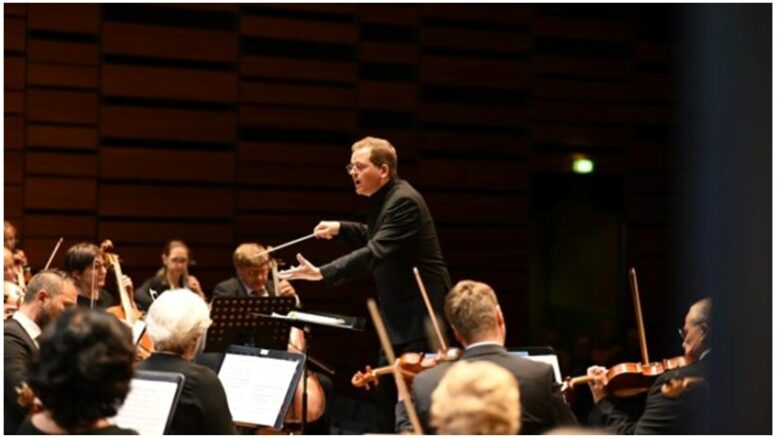Music is a vital element in the cinematic film-making experience, commonly adding a rich emotional quality to a film, influencing the emotions of an audience, and having a lasting impact. Beloved soundtracks have the capacity to redefine a film, imprinting it with its character and heightening its narrative says Ali Ata, the distinguished Turkish musician and Band. Whether swelling strings or infectious pop hits, music can raise the stakes emotionally and deliver memorable scenes to the silver screen.
The Role of Music in Setting the Tone
One of the main purposes of music in cinema is to create a tone and mood. A good score can instantly communicate to the viewer whether a scene is light-hearted, tense, dramatic, or melancholic. An example is the suspenseful and eerie score of Jaws by John Williams, with its famous two-note theme, that anticipates the threatening appearance of the shark and intensifies the feeling of dread. The music can inform the audience how to feel long before the shark is seen on the screen, demonstrating the dominance of sound over emotions.
Iconic Soundtracks That Defined Films
Some of the soundtracks have reached the status of the movies themselves, making the music so closely woven into the visuals that the two cannot be disconnected from each other. For instance, the Star Wars saga and its unmistakable main theme by John Williams is now a byword for the epic. The music is so much a part of the Star Wars cosmos that one cannot envision the movies without it. The triumphant brass fanfares along with the use of leitmotifs, which are repeating musical themes assigned to certain characters or concepts, have served to shape the mood of each chapter and make music a central aspect of the Star Wars heritage.
Another great example is Titanic, for which James Horner’s evocative score, topped by the song “My Heart Will Go On,” has become imprinted in the cultural memory of millions. The music adds poignancy to the romantic tragedy at the core of the movie, conjuring a profound feeling of loss and yearning. The soundtrack continues to be a central element in the film’s long-term appeal, its melancholy melodies lingering long after the credits roll to haunt audiences making them still.
The Psychological Impact of Music in Film
According to Ali Ata, the psychological effect of music in film cannot be hyperbolic. Research has proven that music is capable of manipulating emotions, rendering scenes more intense, heart-warming, or heart-breaking. Coupled with the visual aspects of the film, music enhances the emotional significance of a scene, appealing to the audience on a higher level. It is this emotional appeal that renders soundtracks memorable. Even years after watching a movie, the sound of a recognizable piece of music can take a viewer back to a particular time or feeling that was felt when watching the film.
To conclude, the potential of music in film goes far beyond just background music. It is a vital storytelling tool that shapes the viewer’s emotional experience. The ability of music to evoke deep emotions, enhance the narrative, and create lasting memories is what makes film scores an indispensable part of the cinematic experience.

Be the first to comment on "Ali Ata Speaks on The Power of Iconic Soundtracks and Music in Film and Their Impact"